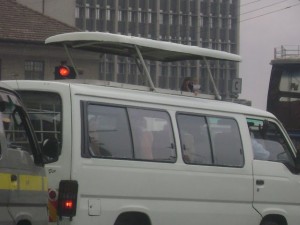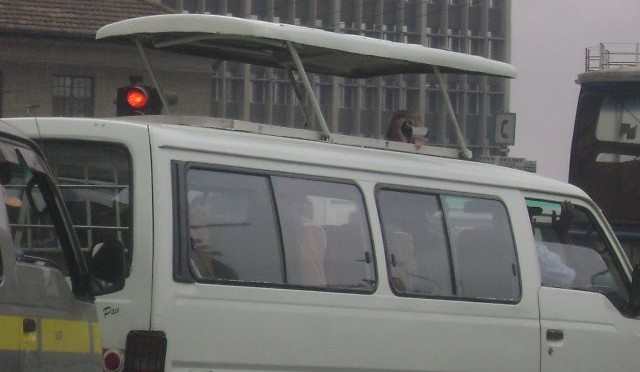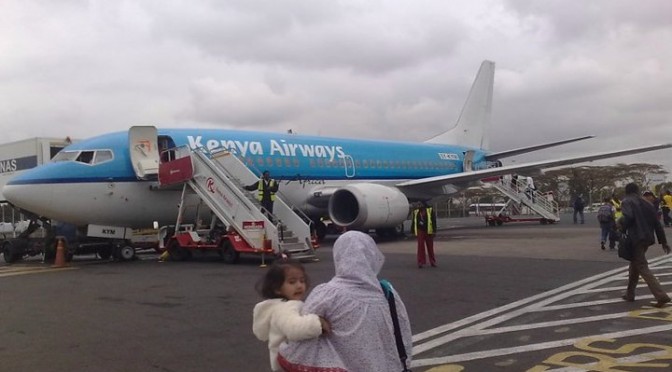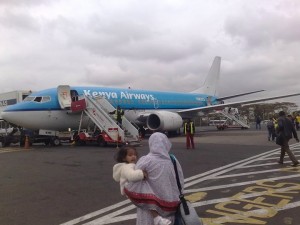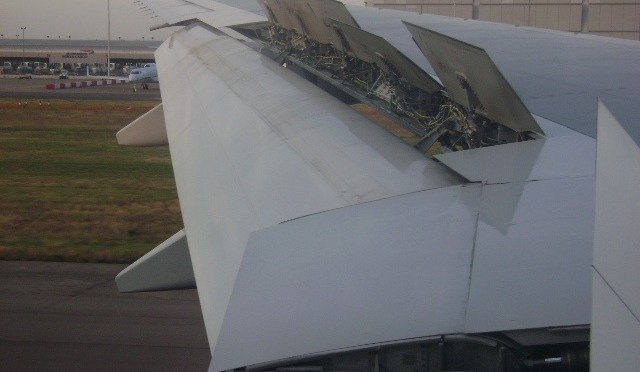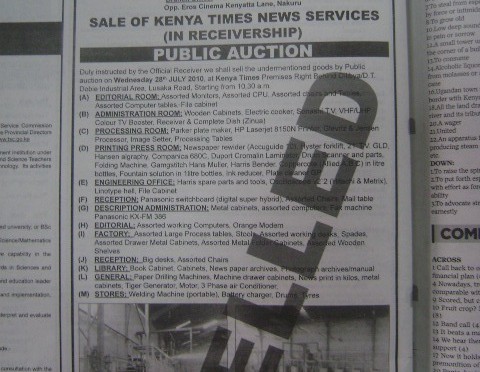The Government of Kenya is collectively the biggest spending entity in the whole country. Yet provision of goods and services to the government is often over-looked by small and medium enterprises (SME). Many do so for a variety of reasons, some of which are late payments for good/services delivered, demands for bribes from government procuring officers, costly and time-consuming red tape procedures.
However the opportunities are there for small companies to take. It is wrong to look at this collectively because different ministries, parastatals, agencies are governed under different rules of administration and purchasing. Over the last few years the procurement process has been streamlined at many government bodies. More tenders are advertised to the public giving more opportunity for new bidders, Corruption is not as blatant and the avenues for redress in this regard have opened up. Also there are opportunities in technology that new upstart companies can grab if they are prepared for the process.
A glance at some recent GoK procurement awards at the website of the public procurement oversight authority (PPOA) shows some technology related awards including:
– Direct loading of Safaricom airtime for senior staff at the Kenya Revenue Authority – won by Safaricom (Kshs 7.8 million)
– Provision of documentation software at the Kenya Ports Authority – won by Sap Africa (~Kshs 5.7 million)
– Installation and commission of security software at Kenya Forest Services (Kshs 14.9 million)
– Supply of a network operations for Kenya Education Network- won by Lantech Africa (~Kshs 176 million)
– Provision of data capture at the High Court registry – won by DPH Software Services (Kshs 69.9 million)
– Support of the digital village sat the Kenya ICT board – won by Intelecon Research & Consultancy (~Kshs 25.9 million)
The steps to winning & executing a tender are:
– See advert in the papers
– Pay a stipulated fee to obtain bid documents Kshs 2,000 to 10,000 ($125)
– Return bid documents by a specific date and witness the opening of tenders. Bidders are often asked to provide copies of company profile, financial accounts, list of other similar contracts executed (referees/proof of performance)
– Winner gets limited purchase order (LPO)
– Winner delivers goods
– Winner receives payment
There are variations to this process; sometimes bidders are asked to return only a technical proposal (to demonstrate their understanding and expertise) subject to which those short listed are now asked to provide financial proposals. The lowest bidder at this stage should win though sometimes weighting the technical and financial scores arrives at the winner.
Sometimes a winning bidder may experience delays in procuring goods, or as a result of other factors beyond their control. The end result is that their payment may be delayed. This cash flow cycles often cripples many small business hindering their opportunity to take up new orders while waiting for old payments to be received.
This is where banks products such as solid loop, a contract finance loan, from consolidated bank can assist an SME. However, one major improvement in the PPOA rules is that a government entity cannot put out a tender for a good or service that is not budgeted for and which it has no funds for – and this cuts down on a situation where a company may provide a service that will not be paid for several years.
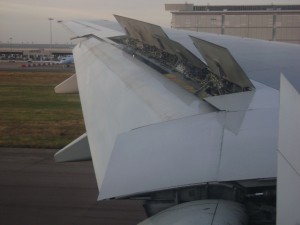
GoK gives you wingsSo government procurement should be looked at in a new light, and many more vibrant
emerging companies should seek out as aggressively as they seek out private sector or multinational procurement orders. These can be areas such as payment processes, digitization /archiving of records and web & mobile developments
